If there was any silver lining to be found in these turbulent times, it would be the relief of knowing that no one can smell your breath but you. Had an onion bhaji for lunch? Don’t sweat it—no one can tell. That’s right, no one can sniff the fried garlic you had on your fried rice, either. Gone are the days of fretting over dinner dates in fear that your courter will wrinkle their noses at the stench of your kiss (really, no ones on dates now, so it works out great).
Oh, there is, however, the small issue of your nose suffering the consequences of your actions. Bet that kimchi isn’t tasting so good now that it’s pervaded every inch of your mask, eh? Alternatively, maybe you haven’t had any stinky food at all—maybe it’s just your breath, only you now have to smell it all day, every day. Yikes.
Not to worry—we have a few solutions for your unfortunate issue. Let’s get right to it:
Go harder on your oral hygiene


You should have seen this one coming. The easiest way to fresher breath is making sure that you’re on top of your oral hygiene. We’re not just telling you to brush your teeth, though—there are a lot of different ways you could improve your oral hygiene that you may not have considered yet (ever tried a tongue scraper? You should try a tongue scraper).
READ: 7 Things you could be doing wrong with your oral hygiene
These include:
- Brushing your teeth after every meal (or at least twice a day)
- Using mouthwash to freshen your breath as and when needed (though it is not a substitute for tooth brushing)
- Floss your teeth to dislodge any odour-causing bits of food
- Tongue scraping after brushing to clear any odor-causing buildup on your tongue
- Using breath mints or chewing gum for a pick-me-up freshening
- Changing your toothbrush often (every two months) and not sharing it with anyone
READ: The dentist-approved guide to an eco-friendly oral hygiene routine
Get a great lip balm


So, we know that no one’s really bothering with the lipsticks these days, but that doesn’t mean that your lips don’t need TLC. Not to mention, we’re pretty confident that the right lip balm can ease your mask-breath woes. So, we’ve curated a few lip balms that are bound to give your lips some extra conditioning with a flavour boost to keep your nose happy.
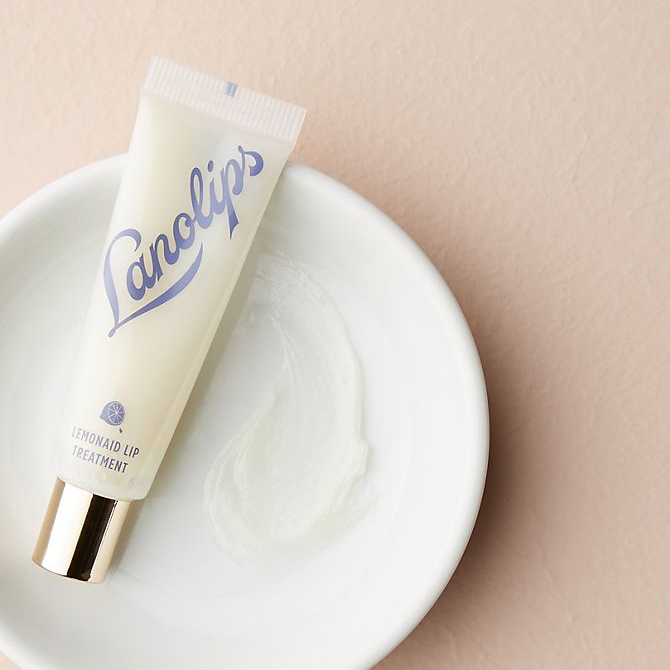
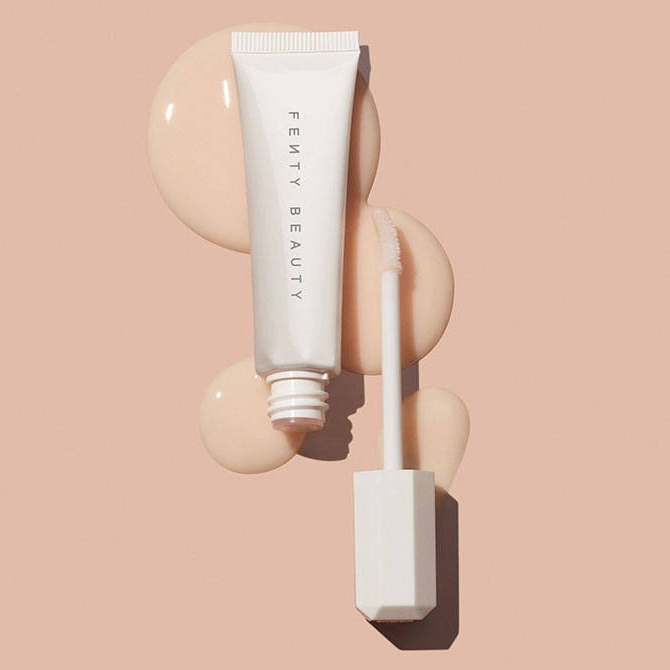
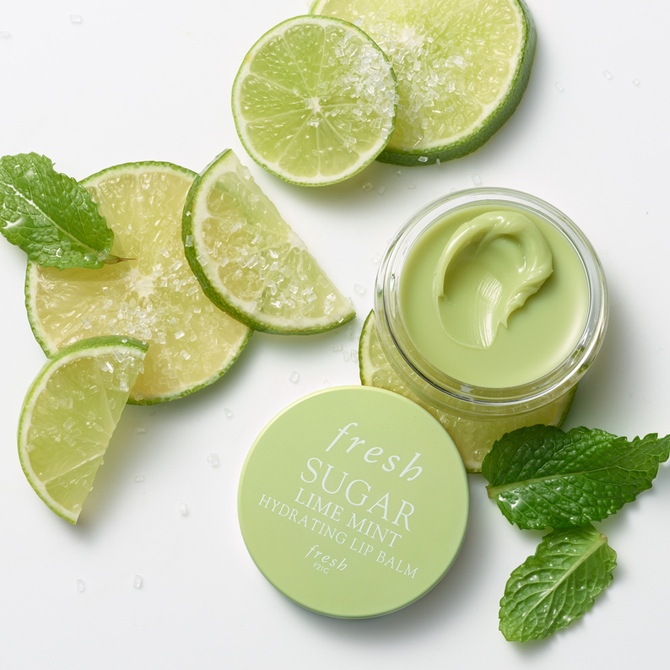
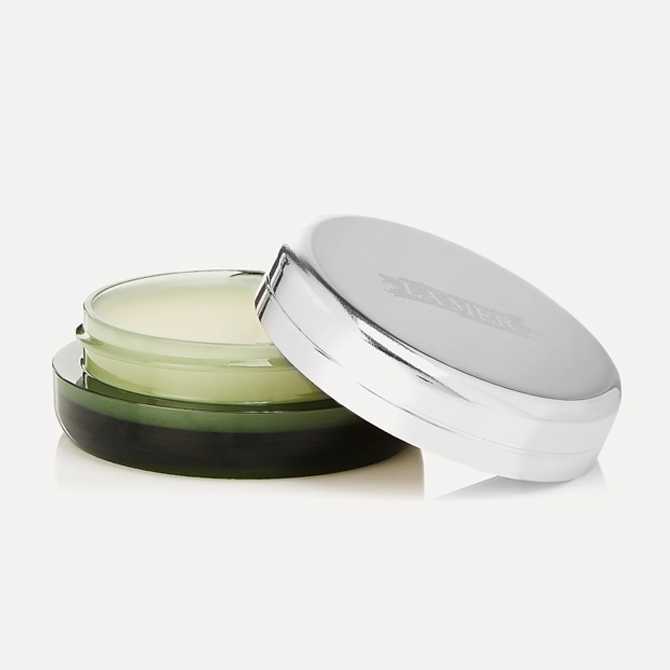
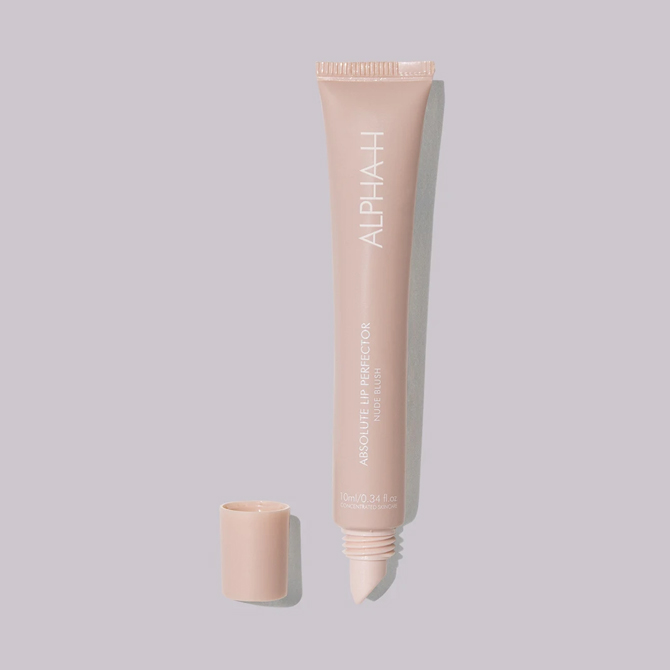
READ: Got dry, chapped lips from all the mask wearing? Try these cult favourite lip treatments
Stay hydrated


Anyone who fasts regularly (or just does Ramadan every year) should know that dehydration is a surefire way to stinky breath. Saliva is a key player in preventing bacterial growth, so when you reduce the amount of saliva in your mouth (through dehydration), your mouth gets stale!
Your medications may be to blame too: If their side effects include dry mouth, that is another culprit for your unsavoury halitosis. And hey, while we’re on the topic of dry mouth, you might want to quit being such a mouth breather (no offense). Not only does mouth breathing render your oral cavity a desert, it also makes it significantly more difficult to avoid smelling your own breath under your face mask.
Avoid the sweets and the stinkies


This one is a no-brainer: Steering clear of anything smelly like coffee, eggs, garlic or fish is a possibly the easiest way to avoid halitosis. The unfortunate truth is that even if you brush your teeth after eating these foods, the odours stay until it completely passes through your digestive system.
Not to mention, your sweet-tooth is doing you dirty, too—sugar is like crack to your oral bacteria, and when they get a taste of it, they leave a sickly stink behind.
Stop smoking


Need we explain? That ashtray scent that’s been following you around will never leave—now you know what it’s like to be literally everyone around you. Quit the cigs, your lungs/breath/health will thank you.
Lay off the booze


We regret to inform you that your affinity for cocktails may be behind your unfortunate olfactory issues. Alcohol itself causes dry mouth, while the sugars in your wines and your cocktail mixers are sending your mouth bacteria on spring break.
However, what may surprise you is that your mouthwash may also be to blame. Mouthwashes usually contain alcohol which can contribute to your dry mouth problem. To address this, either opt for an alcohol-free mouth rinse, or make up for it with plenty of water.
Check if there’s an underlying condition behind your halitosis


Anything from acid reflux to heartburn to stomach ulcers can cause bad breath. Further, bad breath can be an early symptom for more serious conditions such as Type 1 diabetes (your breath will be sweet or fruity-smelling) or chronic kidney failure (your breath will have an ammonia-like scent to it).
If nothing you do seems to help your breath, you may want to make an appointment with a doctor.
For more body and wellness stories, click here.
| SHARE THE STORY | |
| Explore More |




